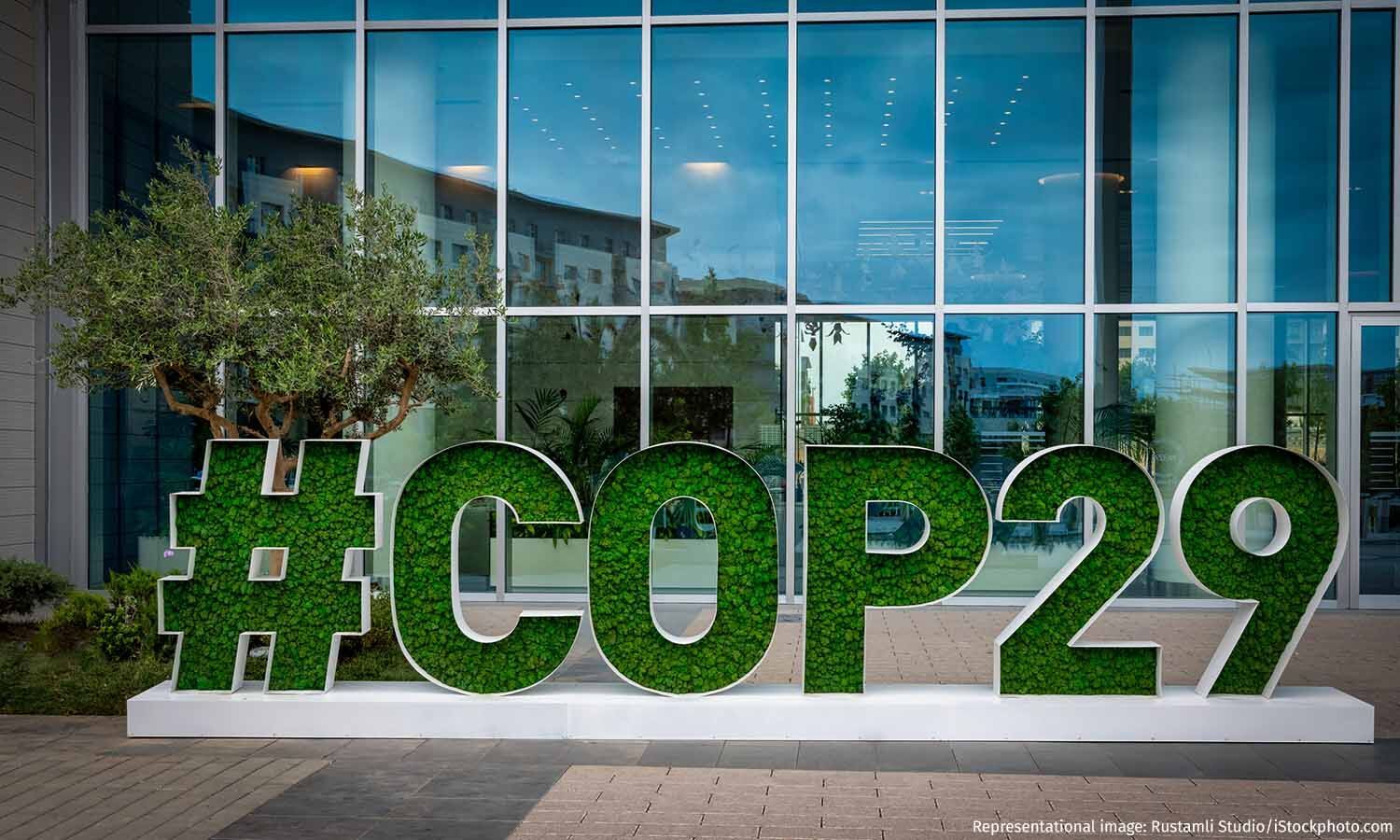Key Recommendations

To address the concerns raised by various experts and organizations, I offer the following key recommendations:
- Developed countries must lead the way: Rich nations, particularly those in the G20, should prioritize ambitious targets in their NDCs to compensate for potential emissions from developing countries.
- Sectoral energy transition targets: Wealthy countries must include plans for power sector decarbonization and phasing out fossil fuels by 2030 as critical interim steps.
- End new coal approvals and phase out coal: Countries should commit to end new coal approvals and begin the process of phasing out coal by 2030.
- Explicit targets for fossil fuel phase-out: Nations must set explicit targets for phasing out all fossil fuels by mid-century, starting with a commitment to end new oil and gas licensing.
- Renewable energy and energy efficiency: Global leaders should reaffirm their commitment to the energy package agreed at COP28 last year, which includes tripling renewable energy and doubling energy efficiency.
- International cooperation is crucial: Developing countries must be supported in accessing climate finance and technology transfer to meet their development needs while reducing emissions.
Additional Recommendations
- Market-based mechanisms for emissions reductions: The use of market-based mechanisms, such as carbon pricing and clean development mechanisms, can help achieve deeper emissions reductions.
- Carbon capture, storage and utilization (CCSU): CCSU technologies have a crucial role to play in reducing emissions from industrial processes and fossil fuel power generation.
- Mangrove afforestation: While promises of achieving negative emissions through mangrove afforestation are unclear, these technologies can still contribute to emissions reductions in specific contexts.
- Forest conservation and restoration: Global efforts should focus on conserving and restoring forests to their natural state, which plays a critical role in sequestering carbon.
Urgent Action Needed
The window for limiting global warming is rapidly closing. NDCs 3.0 (submitted by February 2025) must be comprehensive, ambitious, and align with the goals of achieving net-zero emissions by 2050 or sooner.
I hope this set of recommendations will help spark constructive dialogue about the urgent need for bold climate action.
